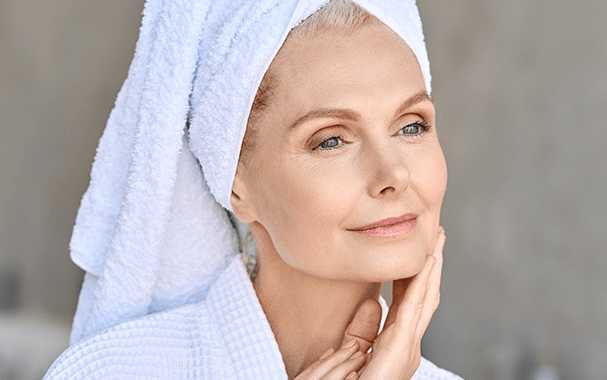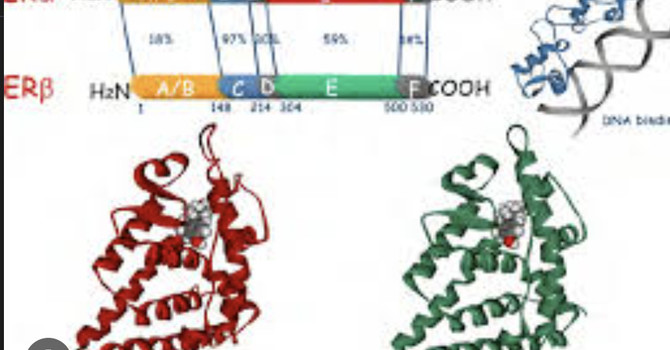
Menopause marks a significant transition in a woman's life, often accompanied by various physical changes that can affect her well-being and self-image. Among these changes, alterations in skin and hair health are particularly noticeable and can be a source of concern for many. Understanding the underlying causes of these changes and exploring effective management strategies is essential for maintaining confidence and comfort during this natural phase of life.
The Impact of Hormonal Changes
The onset of menopause is characterized by a decline in reproductive hormones, notably estrogen and progesterone. This hormonal shift has profound effects on the body, including the skin and hair. Estrogen is crucial for maintaining skin elasticity and moisture; its reduction leads to a decrease in collagen production, resulting in thinner, less elastic skin prone to dryness and wrinkles. Similarly, hair may become thinner, dryer, and more brittle due to diminished hormonal support, leading to concerns such as hair thinning and loss.
Addressing Skin Elasticity and Dryness
The loss of estrogen significantly compromises skin health, leading to decreased collagen levels and diminished moisture retention. This results in looser skin and an increased appearance of fine lines and wrinkles. To combat these effects, it's important to adopt a skincare routine focused on hydration, using products that contain hyaluronic acid, glycerin, or ceramides to help the skin retain moisture.
Managing Hair Thinning and Loss
Menopause can also affect hair density and texture, with hormonal imbalances contributing to a reduction in hair growth and an increase in hair shedding. This condition, known as female pattern hair loss (FPHL), is characterized by a general thinning of hair across the scalp. Incorporating hydrating shampoos and conditioners, along with regular deep conditioning treatments, can improve hair texture and strength.
The Role of Hormone Replacement Therapy (HRT)
HRT offers a potential solution for managing menopausal symptoms, including those affecting skin and hair. By supplementing the body with estrogen, HRT can improve skin elasticity, moisture, and thickness, as well as stabilize hormonal levels to slow down hair thinning and loss.
The Benefits of Biest for Skin Health
Biest, a form of HRT combining estradiol and estriol, is particularly beneficial for skin health. Estriol, being a weaker estrogen, is gentle on the skin and can improve skin elasticity and moisture without the risks associated with stronger estrogens. Biest can be administered through various methods, including topical creams, offering direct benefits for skin concerns.
Seeking Professional Guidance
Navigating the changes that come with menopause can be challenging, but you don't have to face them alone. If you have questions or need help managing menopausal symptoms, scheduling an appointment with a healthcare provider specializing in menopause management is a crucial step. At our clinic, we offer a holistic approach to treatment using bioidentical hormones compounded in non-toxic oil. This method is designed to help you regain control of your life and effectively manage the symptoms of menopause. Our approach is tailored to your individual needs, ensuring you receive the most appropriate and effective care.Menopause is a natural part of aging, but with the right support and treatment options, you can maintain your skin and hair health, and overall well-being, during this transition. Let us help you navigate this journey and take control of your menopausal symptoms. Contact us today to schedule an appointment and explore how our holistic approach to treatment can benefit you.
Dr. Anat Sapan MD, specializing in peri/menopause care, advocates for a personalized approach combining Bioidentical Hormone Replacement Therapy with lifestyle strategies. Her telemedicine services in California, Florida and Illinois aim to help women overcome menopausal symptoms and enhance their quality of life.

Anat Sapan, MD
Contact Me



